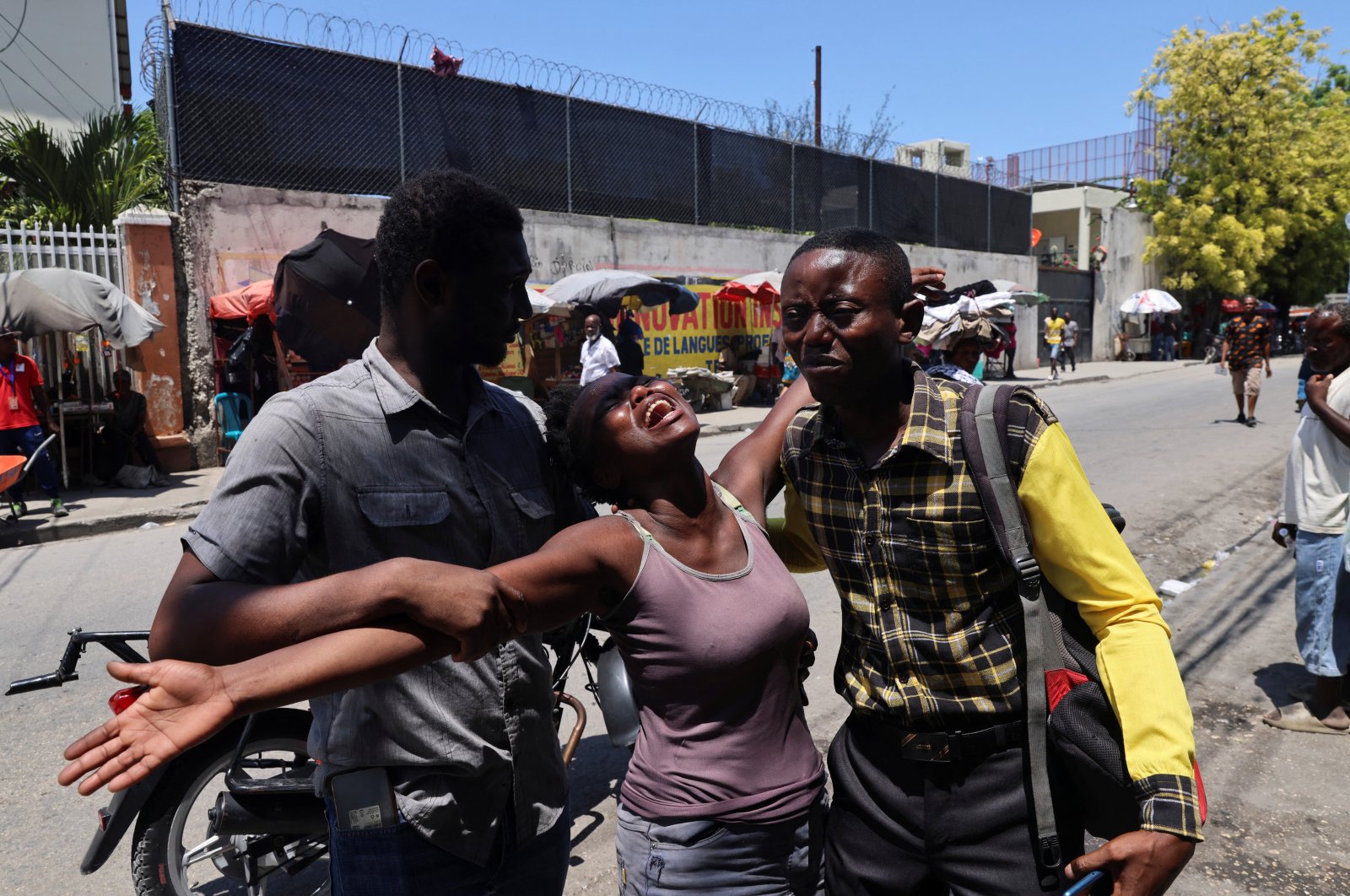
The United Nations reported on Friday that over 3,600 lives have been lost this year due to the "senseless" gang violence plaguing Haiti.
As the poorest country in the Western Hemisphere descends into a state of virtual anarchy, gangs have seized control of the capital, Port-au-Prince, leading to the collapse of both security and health care systems.
In the first half of 2024 alone, approximately 600,000 people were displaced, while 1,280 individuals suffered injuries in gang-related incidents, including 295 women and 63 children, according to a report from the U.N. Human Rights Office (OHCHR).
During that period, at least 893 individuals, including 25 children, were kidnapped and held for ransom by criminal groups vying for power in a vacuum left by a political crisis and weak state authority.
"Latest figures documented by the U.N. Human Rights Office indicate that at least 3,661 people have been killed since January this year, maintaining the high levels of violence seen in 2023," the rights office said.
"No more lives should be lost to this senseless criminality," said Volker Turk, the U.N. high commissioner for Human Rights.
The OHCHR urged Haitian authorities and the international community to do more to protect people on the Caribbean island.
It said gangs had changed their modus operandi this year.
While some victims were struck by random gunfire, others were executed in broad daylight for allegedly informing authorities or opposing gang activities.
Fear, subjugation
Some victims had their bodies mutilated with machetes and then burned.
"Gangs filmed the scenes and shared them widely on social media to instill fear and control the population," the report said.
The report noted that gangs continued to use sexual violence "to punish, spread fear, and subjugate populations."
It said that at least 860 people were killed and 393 injured during police operations and patrols across Port-au-Prince, including at least 36 children, in what could constitute the use of unnecessary and disproportionate force.
The gangs have also recruited large numbers of children into their ranks, it added.
An estimated 1.6 million people in Haiti face emergency-level food insecurity.
In October 2023, the U.N. Security Council approved the deployment of a multinational stabilization force, led by Kenya, to assist the Haitian police.
Kenyan President William Ruto told the U.N. General Assembly on Thursday that his country would complete the deployment of the 2,500-strong Multinational Security Support Mission (MSS) by January.
